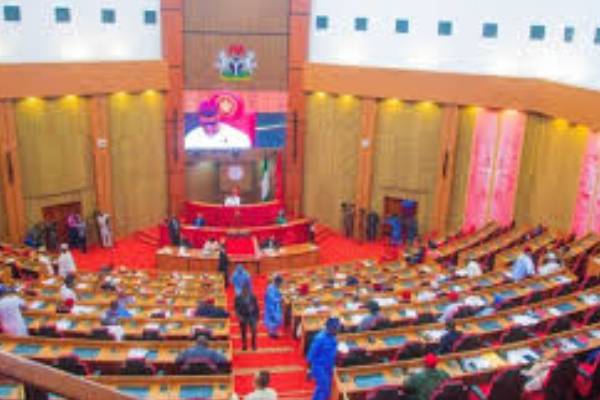The Senate has approved President Bola Tinubu’s external borrowing plan totalling over $21 billion, covering the 2025–2026 fiscal period.
The borrowing package includes $21.19 billion in direct foreign loans, €4 billion, ¥15 billion, a $65 million grant, and domestic borrowing through government bonds amounting to approximately ₦757 billion.
It also provides for raising up to $2 billion via a foreign-currency-denominated instrument within the domestic market.
The approval followed the presentation of a report by the Senate Committee on Local and Foreign Debts, chaired by Senator Aliyu Wamako.
The report, titled “2025–2026 External Borrowing (Rolling) Plan; Issuance of FGN Bonds to Settle Outstanding Pension Liabilities; and Establishment of a Foreign Currency Denominated Issuance Programme,” was adopted by the Senate during Tuesday’s plenary.
Wamako noted that the borrowing plan was first submitted to the National Assembly on 27 May, but consideration was delayed due to the legislative recess and documentation issues from the Debt Management Office (DMO).
Senator Solomon Adeola, Chairman of the Senate Committee on Appropriations, said the loan requests had already been captured in the Medium-Term Expenditure Framework (MTEF) and the proposed 2025 national budget.
Senator Mohammed Sani Musa (APC – Niger East) clarified that disbursement of the loans would span six years, not just 2025, adding that the borrowing aligns with international economic practices.
Senator Tokunbo Abiru, Chairman of the Senate Committee on Banking, Insurance and Other Financial Institutions, assured lawmakers that the loans are concessional and comply with the Fiscal Responsibility Act and Debt Management Act.
However, Senator Abdul Ningi (PDP – Bauchi Central) raised concerns about transparency and equitable distribution. He insisted that Nigerians deserve clarity on the loans’ specifics and the direct impact on citizens.





